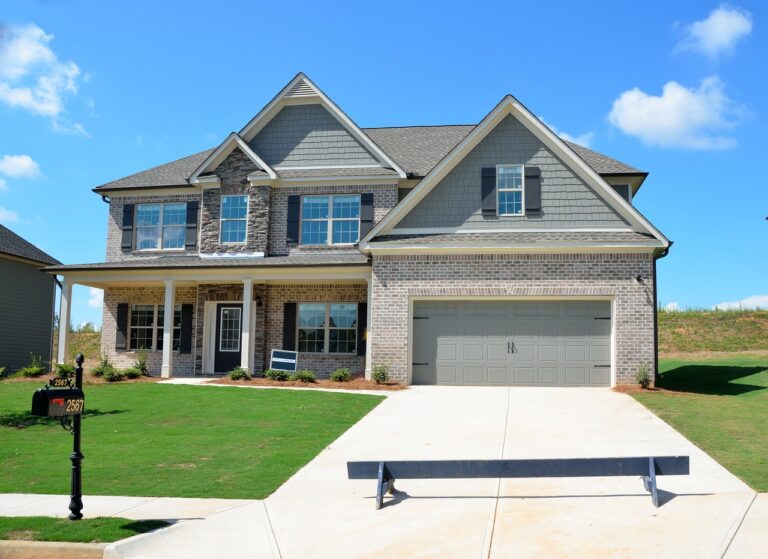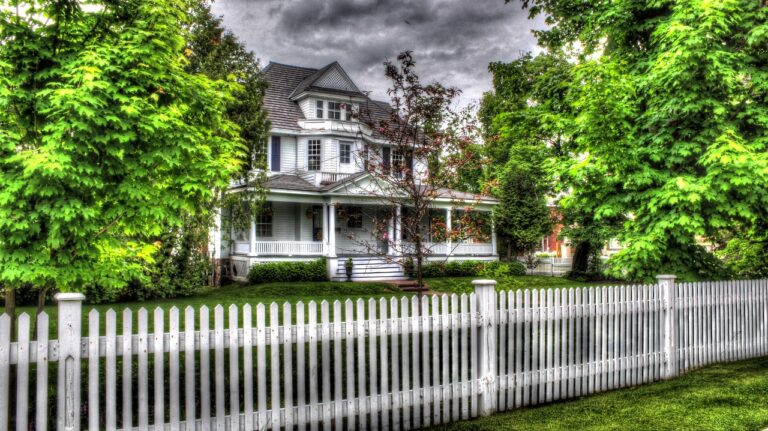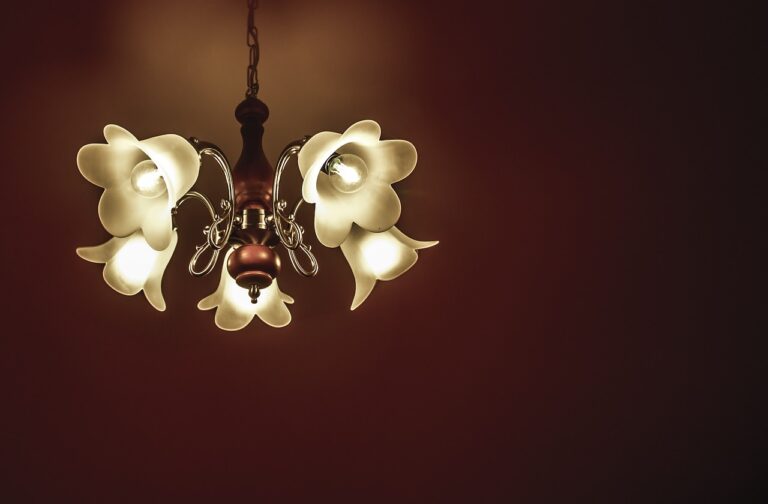Driveway Drainage: Solutions for Erosion Control: Tigerexch, Golden77.com, Sky 99 exch
tigerexch, golden77.com, sky 99 exch: If you have a driveway on your property, you may have encountered issues with erosion control. Poor driveway drainage can lead to a variety of problems, including pooling water, soil erosion, and even damage to your driveway itself. In this article, we will explore some solutions for driveway drainage to help you keep your driveway in top condition and prevent erosion on your property.
When it comes to driveway drainage, there are several options available to homeowners. By taking the time to assess your specific situation and choose the right solution for your property, you can effectively control erosion and maintain the integrity of your driveway for years to come.
1. Assess Your Drainage Needs
Before you can address any driveway drainage issues, it’s important to assess your specific needs. Take the time to observe how water flows around your property during periods of heavy rain. Are there areas where water pools or flows towards your driveway? By identifying problem areas, you can better determine the best drainage solutions for your property.
2. Install a French Drain
A French drain is a common solution for driveway drainage issues. This type of drain consists of a trench filled with gravel or rock, with a perforated pipe running through the center. Water collects in the trench and is directed away from your driveway, preventing erosion and pooling water. French drains are relatively easy to install and can be an effective way to control water flow on your property.
3. Consider a Dry Well
If you have limited space on your property for traditional drainage solutions, a dry well may be a good option. A dry well is a large underground container that collects water and allows it to slowly seep into the ground. This can help prevent erosion by reducing the amount of water that flows towards your driveway. Dry wells can be a more costly option, but they can be very effective at controlling water flow.
4. Add a Swale
A swale is a shallow ditch or depression that is designed to direct water away from your driveway. By creating a swale along the edge of your driveway, you can help channel water towards a safe drainage area. Swales are a natural and effective way to control erosion and can be an aesthetically pleasing addition to your property.
5. Install a Channel Drain
For driveways that slope towards your property, a channel drain can be a great solution. A channel drain is a long, narrow drain that is placed along the edge of your driveway to collect water and direct it away from your property. This can help prevent erosion and keep water from pooling on your driveway during heavy rain.
6. Maintain Your Driveway
In addition to implementing specific drainage solutions, regular maintenance of your driveway is key to preventing erosion. Keep your driveway clear of debris, such as leaves and branches, that can block drainage pathways. Fill in any cracks or potholes to prevent water from collecting and causing further damage. By staying on top of maintenance tasks, you can prolong the life of your driveway and minimize erosion issues.
FAQs
Q: How can I tell if I have a driveway drainage issue?
A: Signs of a driveway drainage issue include pooling water, soil erosion around your driveway, and water flowing towards your property during heavy rain. If you notice any of these signs, it’s important to address the issue promptly to prevent further damage.
Q: Are there DIY solutions for driveway drainage?
A: Yes, there are several DIY solutions for driveway drainage, such as installing a French drain or creating a swale. However, for more complex drainage issues, it may be best to consult with a professional to ensure the problem is properly addressed.
Q: How often should I inspect my driveway for drainage issues?
A: It’s a good idea to inspect your driveway for drainage issues at least once a year, especially before the rainy season. By catching potential problems early, you can prevent costly damage to your driveway and property.
In conclusion, driveway drainage is a critical aspect of maintaining your property and preventing erosion. By assessing your specific drainage needs and implementing the right solutions, you can effectively control water flow and protect your driveway for years to come. Whether you choose a French drain, a dry well, or another drainage solution, taking action to address driveway drainage issues now can save you time and money in the long run.







